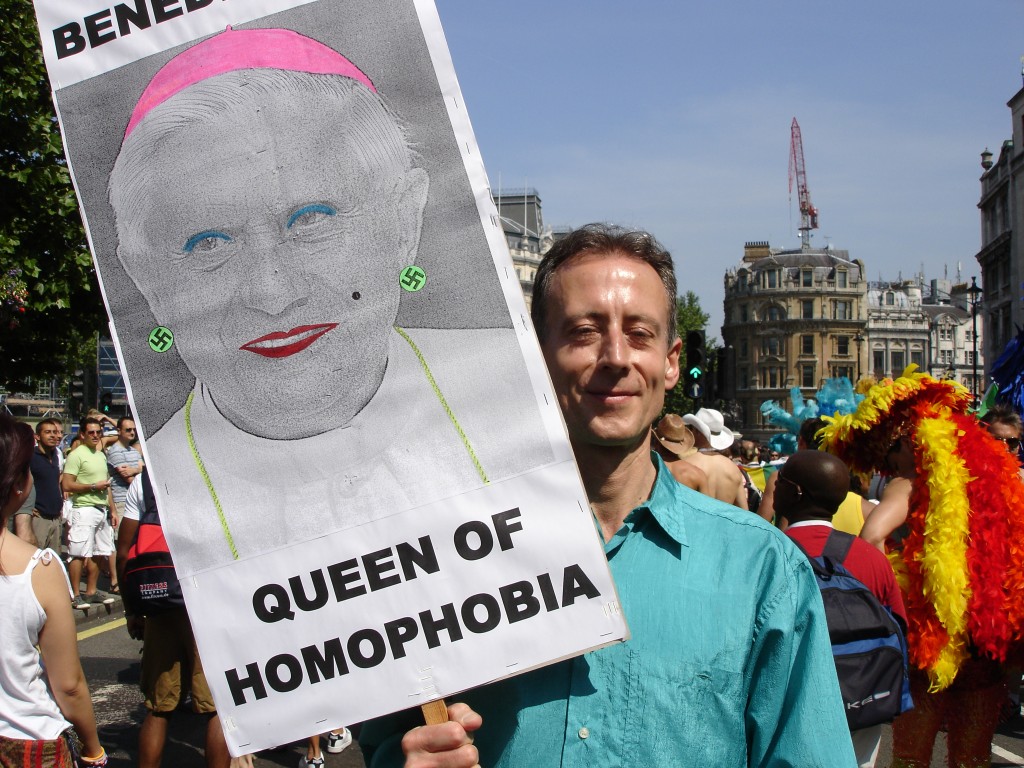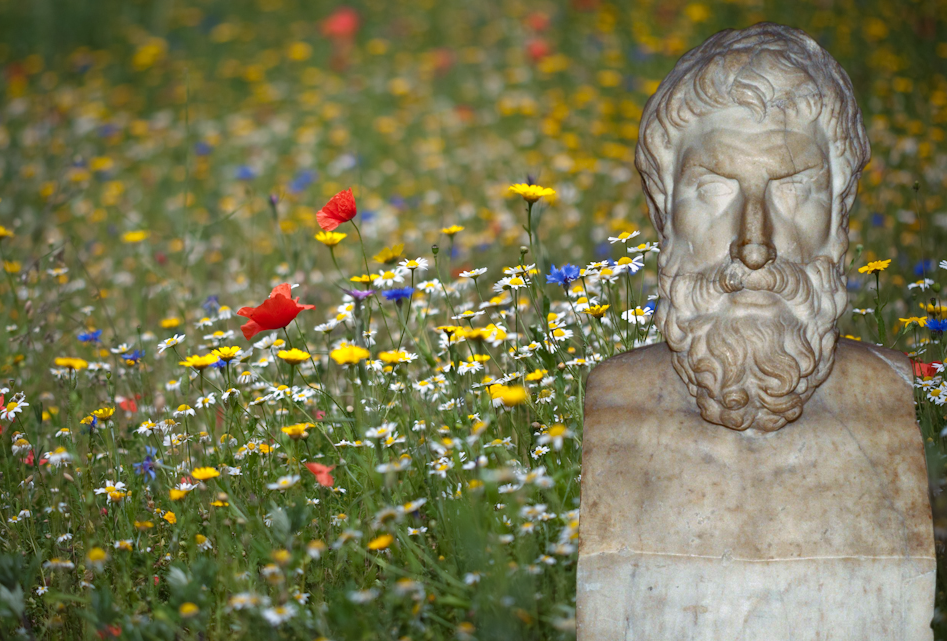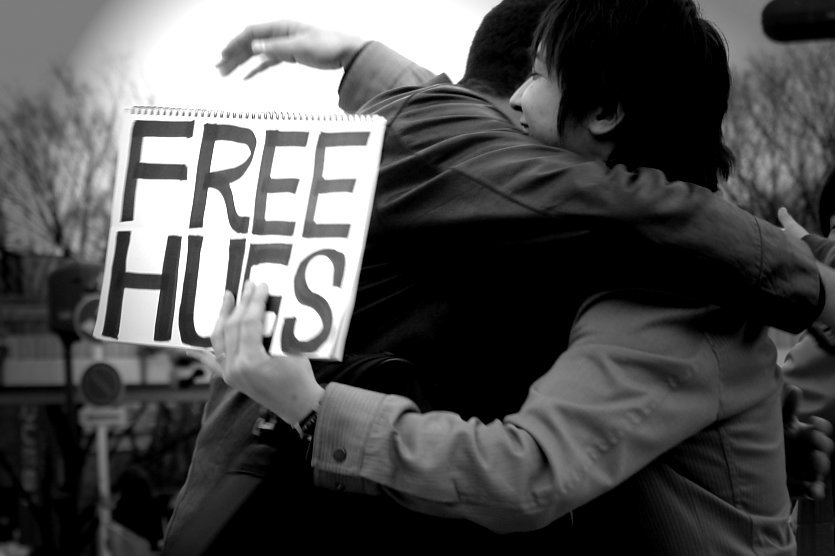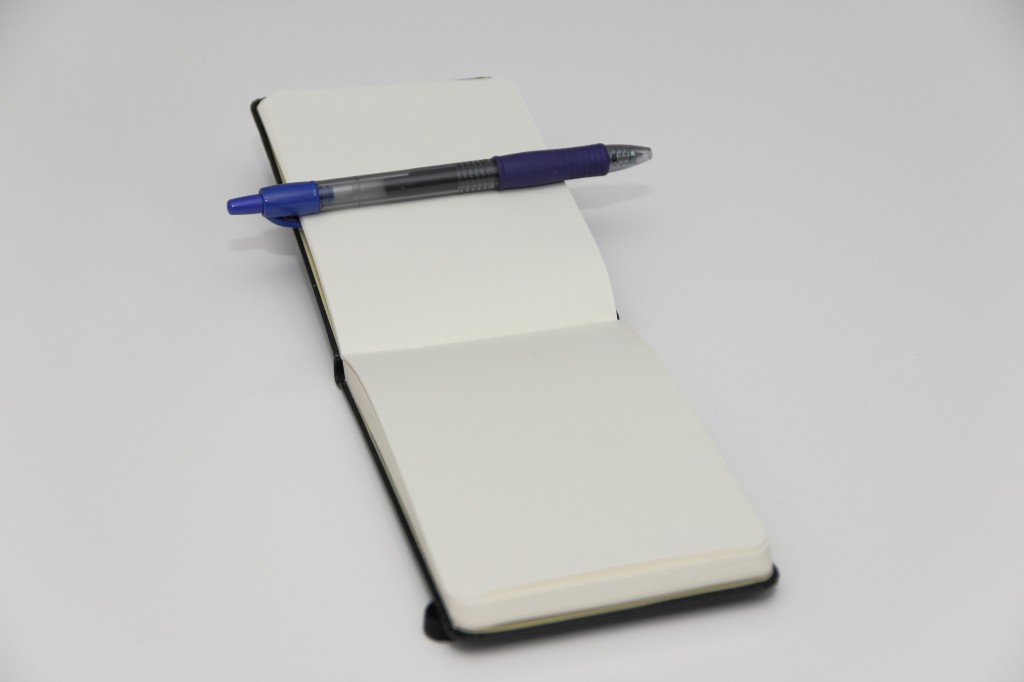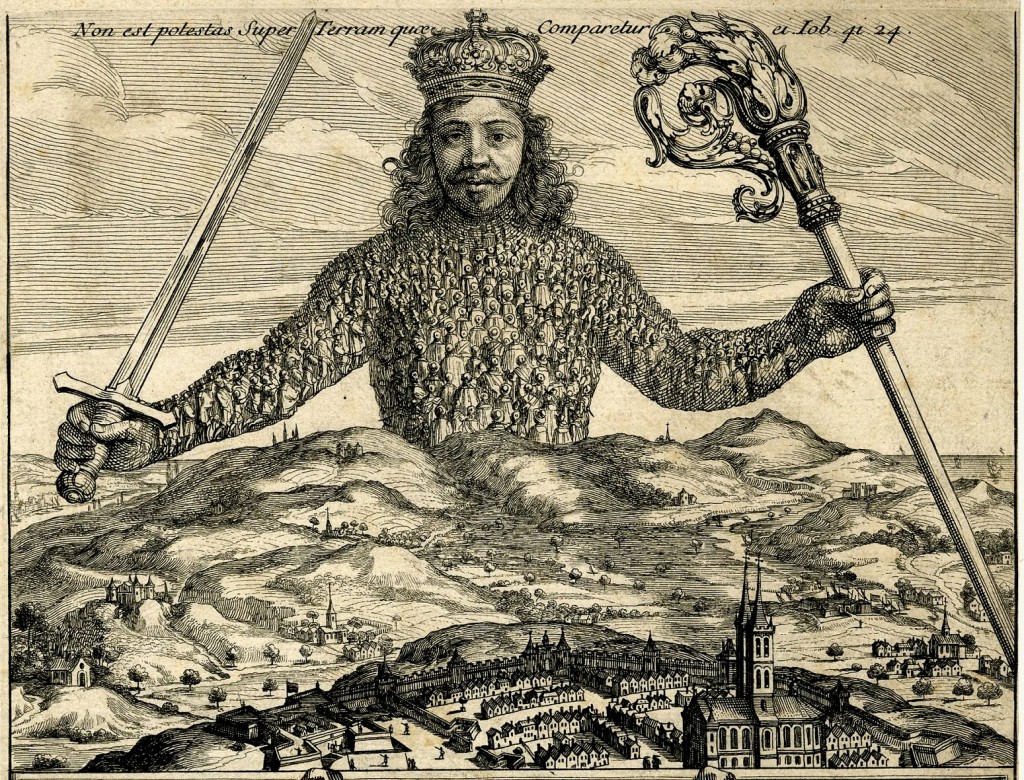Where does one find meaning when they have lost their faith? That is a question that has been posed to me on numerous times as someone who was once a fully signed up member of an evangelical church who now lives within a non-religious, humanist spiritual setting.
It is only as I approach my fourth decade of life, 20 years after leaving the church that actually I realise this question has a lot wrong with it. So much so that it has possibly contributed to my taking so long to get comfortable within my own skin as a human being without a god.
The problem with the term ‘losing faith’ is that it originates from where you have come and from those whom you have left. It is all too easy to make the assumption that this is an adequate description of someone whose previously deep belief system has been rocked and shattered to the point of non-existence. It is a term which potentially prolongs the bereavement process that a person goes through when they leave the structure of their religious community; their friends, and sometimes family, along with an underlying belief structure. A term that focusses on loss and distracts from the fruits gained.
The big misunderstanding here is that both parties i.e. those leaving and those who are being left behind, put faith in the notion that he or she who leaves religion is abandoning a bedrock of holistic security to jump into a chasm of chaos on every level. The ‘stray sheep’, ‘prodigal son’, or ‘fallen’ has left behind meaning, a moral compass, cosmic stability. Often the feeling that is ingrained in someone leaving a religion is that they are disobeying the laws of the universe itself and are therefore no longer allowed to play a part in it.
This however is just not the case on many levels. Doubt in a belief or a theory or anything you rely on is not unhealthy. It is not a sign of lack of faith but of intelligence and spiritual maturity. When someone who has come from years of adopting their parents’ faith suddenly wake up one day to find they do not believe it, it doesn’t mean they have been cosmically neglected. It means they are entering into a realisation that to continue in life with someone else’s projection of the universe is unwise, unreal, and dishonest.
My point is that faith actually is not ever lost in this process. Faith is a tool we use to gauge personal surety of the things we trust. When we redefine the parameters of what deserves our faith, when we scrutinise what we know and how it can be applied to the universe around us, we are actually tending to ‘faith’ in a diligent and mature way. We are certainly not losing it.
The other assumption is that when you leave a religion, you have to leave everything behind. A bit like leaving your company and all the bonuses and perks right down to your beloved stapler. Leaving religion doesn’t work like that because no religion, regardless of what it professes, holds the monopoly on morality, ethics, kindness, or truth. Indeed it is only on leaving some of these groups that it becomes clear that they have little grip on any of these things. Often people leave the faith of their birth because they realise that they cannot fulfil the full extent of their sense of compassion towards their fellow humans or indeed animals. Religion doesn’t give you your license to be kind or be compassionate. In fact should there be a god, then surely your existence at his/her hand is authority enough for you to promote kindness without needing to use their name to do so. Surely you are already an expert in compassion if you have been made, as some beliefs profess, in the image of an all compassionate being.
Often one leaves their religion because it’s a coat that just doesn’t fit any more. That may be because of what you do or don’t believe, but often it is simply because you are no longer able to respond to the language of that faith.
Sat here now, I honestly cannot recall the time I stopped believing in God. I suspect I never believed in one. Rather, I realised gradually that the language used to portray god and respond to the universe was a human construct and not a cosmic or divine one. Man makes his god in his image. It is never the other way around. Islam in part recognises this by not allowing images of Allah; Judaism recognises this by restricted the names given God. I didn’t stop believing in God so much as the language and the concept surrounding God merely became impotent. It lost its relevance to the point that to even question whether or not such a being existed was irrelevant. God, if you like, imploded as much linguistically as philosophically.
The trick then of moving up and outwards in your faith is not to find another set of beliefs but merely to find a language which you find you can respond to fully. That may involve another set of beliefs, it may not. Belief or lack thereof is so much less important than the community in which you embed. Often a person moves from their religion because, for them that community is no longer fit for purpose. It no longer bears the fruit of compassion and love that it professes to deliver. That has nothing to do with belief but everything to do with the human qualities of compassion. If a community lives with a language of love and compassion but then uses it as a set of euphemisms for oppression, staleness both in its human interaction and its language sets in. ‘Falling away’ then becomes a noble act rather than a sinful one.
A few of us have found some sort of home within Humanism. I like not knowing. I like testing everything I think I know is true. I like my world being rocked if at the end of it it makes me a better person. My embedding within Humanism is not to embrace the certainty of science but certainty of its processes. The aspiration to be humble enough not to assume knowledge but wrestle with it until it’s the closest thing that resembles the truth for that brief moment in time. It is the excitement that comes with being proved wrong only to find something more true. It is the fruits of doubt. Humanism doesn’t fulfil that in itself. It’s not a package you sign up to and find sudden fulfilment. It’s a process and an attitude one can adopt. It is a tool to help you aspire to being the best person you can be. Humanism isn’t the answer, it just demands you ask the right questions whilst showing compassion and respect to those around you. That approach leaves me free to respond to the world around me with a language and creativity which is true to itself whether its in the way I act or whether I’m blurting out beatles songs on my ukulele. These are my voice, my actions, my accountability my blank canvas. At this stage then it is difficult to recall what it was I ever thought I’d lost.
Matt Hicks is a nurse in the Royal Navy as well as being one of the RN Service Representatives for the Defence Humanists. In his spare time, Matt can be found touring Devon with a bag full of songs and his ukulele. He blogs at The Wooden Duck.
